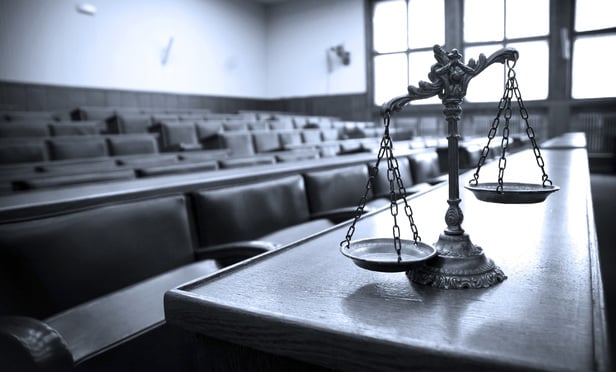The second episode of Bull, CBS’s new procedural-drama following a jury consultant named Dr. Bull, explores the issue of juror bias. The episode opens with a commercial airplane crash during a severe electrical storm. The pilot is the sole survivor—and also just so happens to be a woman. The deceased’s families sue her for gross negligence and Dr. Bull, believing she is not liable, agrees to help her win the case. Using his seemingly endless resources, Dr. Bull runs five mock trials and discovers that jurors’ implicit gender bias cause them to believe that a female pilot is more likely to have made a piloting error than a male pilot. He then sets out to help construct a jury capable of checking their gender bias at the courthouse doors.
While a lot about Dr. Bull is overly dramatized, juror bias is a very serious concern stretching back through our history. Even in America’s colonial era, the sheriff would often deliberately select jurors sympathetic to the British Crown and British creditors in order to gain an advantage. Defendants, fearful of the impartial tribunal, would try to identify those jurors harboring such biases. They would do this through a colloquy process known then, as it is today, as voir dire. Voir dire is a legal-phrase derived from a Latin oath “verum dicerse,” meaning, “to tell the truth.” The hope was that this discussion with the jurors would provide the litigants information about the jurors’ mindset and potential for partiality.
This content has been archived. It is available through our partners, LexisNexis® and Bloomberg Law.
To view this content, please continue to their sites.
Not a Lexis Subscriber?
Subscribe Now
Not a Bloomberg Law Subscriber?
Subscribe Now
LexisNexis® and Bloomberg Law are third party online distributors of the broad collection of current and archived versions of ALM's legal news publications. LexisNexis® and Bloomberg Law customers are able to access and use ALM's content, including content from the National Law Journal, The American Lawyer, Legaltech News, The New York Law Journal, and Corporate Counsel, as well as other sources of legal information.
For questions call 1-877-256-2472 or contact us at [email protected]



